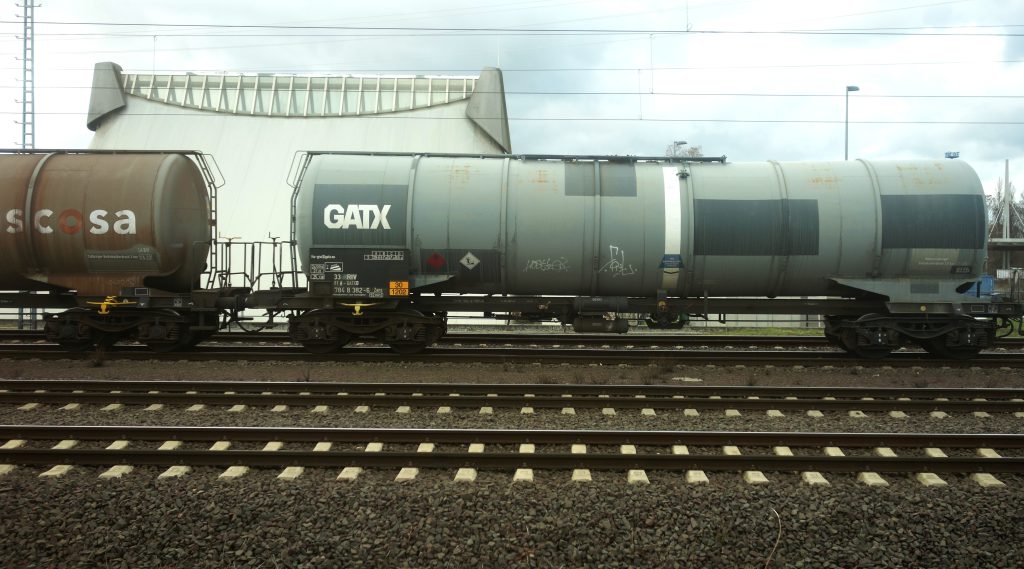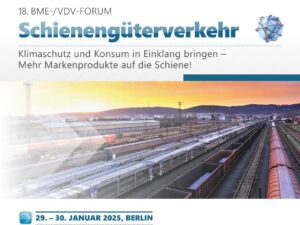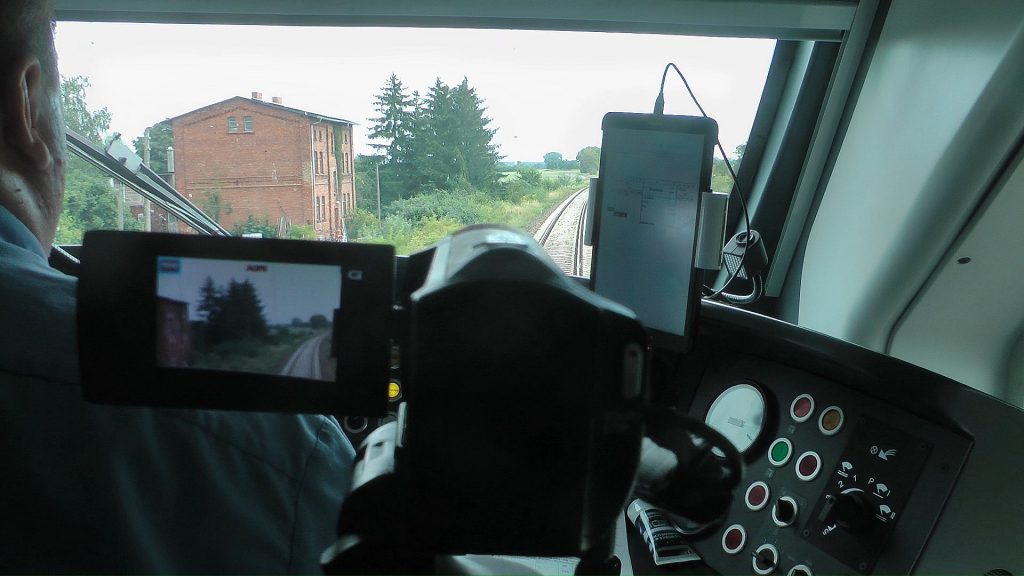In his statement, the managing director of the network writes:
On January 17, 2023, DB Netz AG informed that, contrary to what had been announced, it could not guarantee the railway companies any capacity in the form of framework agreements for the timetable years 2024 and 2025 and justified this with the timetable – which was demanding from the start.
I take the following position on behalf of the GÜTERBAHNEN:
| DIE GÜTERBAHNEN want an end to the chaotic experimental phase in the allocation of capacity in the rail network.
Berlin must make a clear legal requirement, based on the Deutschlandtakt concept, on how the railways can get timetables for their trains and how the rail network can be optimally used for the growing freight and passenger traffic. To this end, framework agreements between DB Netz and railway companies should be permanently dispensed with. Instead, the legislature should consistently promote the introduction of the system route logic from the Deutschlandtakt concept and quickly come to an agreement with the industry and the EU Commission. System paths are recurring minute-precise travel options in the network that are pre-planned and well coordinated for different train characteristics, but not for specific railway companies. This type of timetable creation is becoming more and more popular throughout Europe. On the other hand, on the way to implementing the Deutschlandtakt concept, framework agreements are more of an obstacle, because they allow “minute-wide” capacity bands in the timetable process to be reserved exclusively by individual railway companies for a longer period of time. From GÜTERBAHNEN’s point of view, in the situation that has now arisen, all those involved are doing best with the previous procedure for train path allocation and, in parallel, with a concentrated development of a new allocation process. The Bundestag should withdraw the half-baked innovations introduced in 2021 shortly before the end of the legislative period in the Railway Regulation Act in Section 49 (framework agreements) and Section 52a (trial clause system paths on sub-networks) and instruct the government to present a new regulation in good time before the start of the usual train path ordering process in April of the year 2025. Thoroughness must now come before speed. |
Peter Westenberger Managing Director THE FREIGHT RAILWAYS – Network of European Railways (NEE) e.V., Berlin









